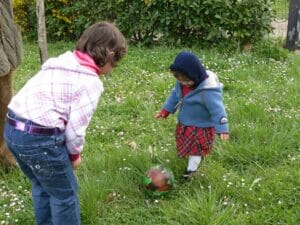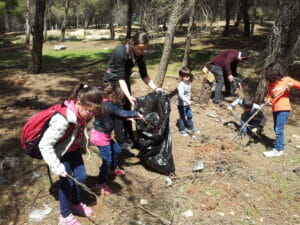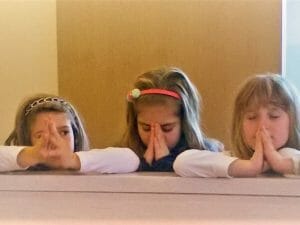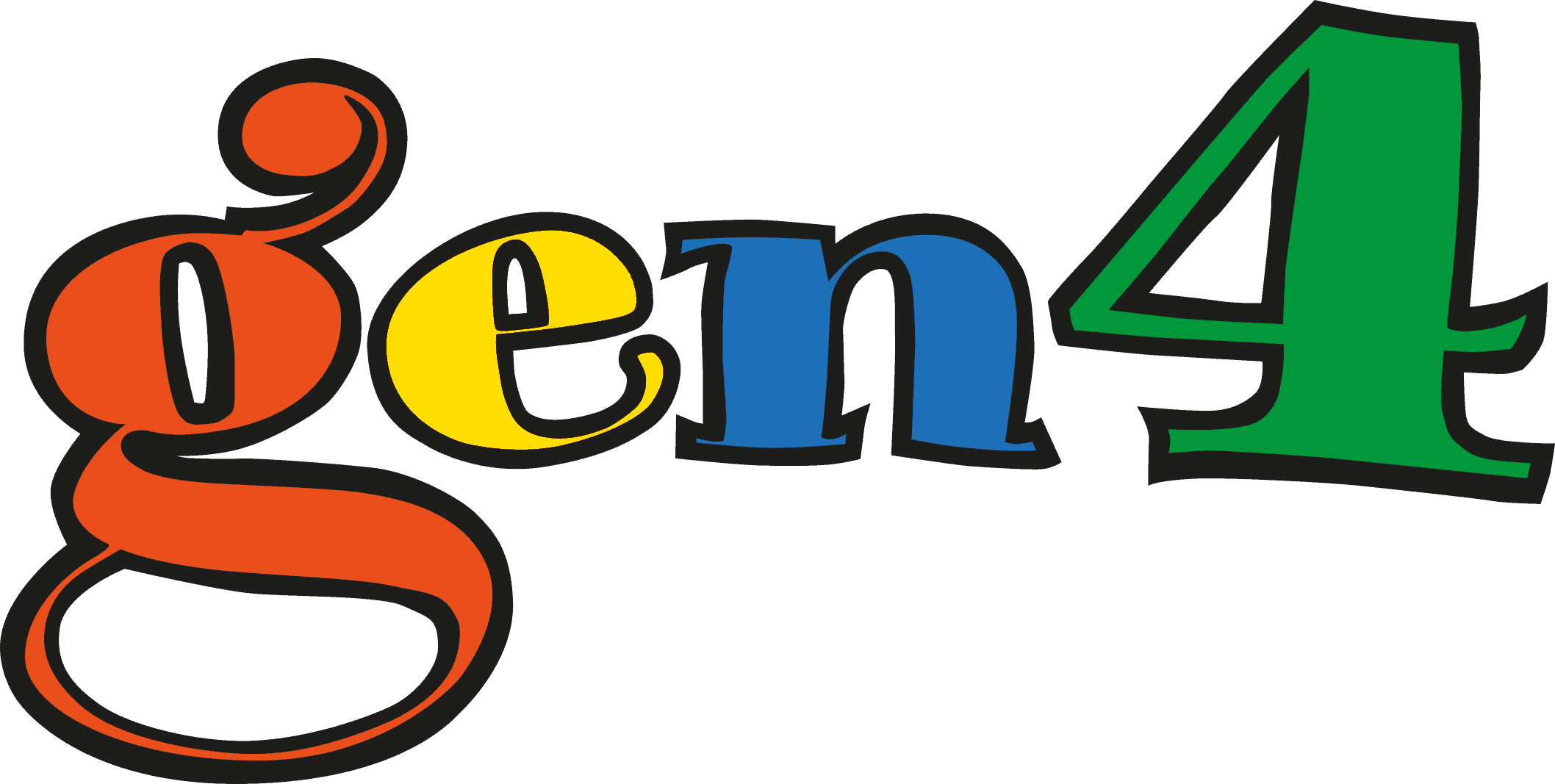who we are
A pedagogy for the integral development of the child
In the Focolare Movement, attention is given to the integral development of each child. Its educational program focuses on the harmonious development of all the various dimensions of the person. These dimensions include:
Personal and interpersonal dimension:

Practicing the “art of loving,” for example, helps a child grow and develop in relationship with others, by learning to forgive, to accept others as they are, to recognize and value differences, and to help those who are experiencing difficulties, etc.
One Gen 4 recounted: In my class, there’s a girl who never shares anything with anyone, even if she could. One day at school, she took out her book and saw some pages were torn. She was sad, and she asked if anyone had some scotch tape she could use to fix her book. All the children refused, saying, “It serves you right! We won’t give you any because you never give us anything.” Instead, I told my classmates: “You know, God is love, he loves us all and so I too have to love everyone. I can’t refuse to give her my scotch tape.” And so, I not only lent her my tape, but I also helped her fix her book. I felt Jesus in my heart.
Our focus:
- Promotion of emotional and social development;
- Helping children acquire a greater sense of self-worth and self-confidence;
- Fostering, through lived experiences, interpersonal qualities such as listening, empathy, kindness, generosity, solidarity, and mutual respect;
- Emphasizing a culture based on giving and sharing;
- Helping children to learn to face challenging situations or personal sufferings without being blocked by difficulties;
- Assisting children to discover the joy of being together, playing and being creative, while at the same time, respecting one another.
Social and global dimension – “children-citizens”

The Gen 4 formation aims, then, at accompanying children while broadening their horizons, providing them with experiences of active citizenship, such as in caring for nature and the environment. Therefore, it is a formation that encourages social responsibility and leads them to become “children-citizens,” capable of actively participating in community building.
Our focus:
- Discovering together with them all the positive values that exist in the world, such as generosity, solidarity, peace and love, and help them to understand that these values can serve to make the world one family;
- Helping children understand that they are part of a wider community, a community in which there are also the needs of others and of society as a whole, at both a local and global level;
- Fostering sensitivity to those in need through sharing and living the culture of giving;
- Increase in them the awareness of the environment, the need to protect nature and the importance of living in harmony with all of creation;
- Lay solid foundations for their formation as a “new generation of people,” who even as children can bring about peace and brotherhood, and thus give their contribution to a more united world.
Spiritual dimension:

Children are those who are closest to God, and because they are so innocent, they are naturally more sensitive to the divine. For this reason, as Chiara Lubich underlined back in the 1970s, it is important, right from the first years of their lives, to give special attention to their spiritual life and their relationship with God. In this way, we will help them to develop this dimension in their life, and not extinguish it because it is not nourished.
Our focus:
-
- Creation of spaces and times where children can satisfy their natural desire for what is beautiful, helping them discover God’s presence within their own hearts and in others, as well as through nature and the world around them. In this way, a child’s interior life grows and develops;
- Help children discover that they can grow in their faith.
These three dimensions (personal/interpersonal, social/global and spiritual) are aspects of human life profoundly connected to one another. It would be impossible to separate them and so we take this into account when developing and implementing materials and methods for use in children’s programs.
